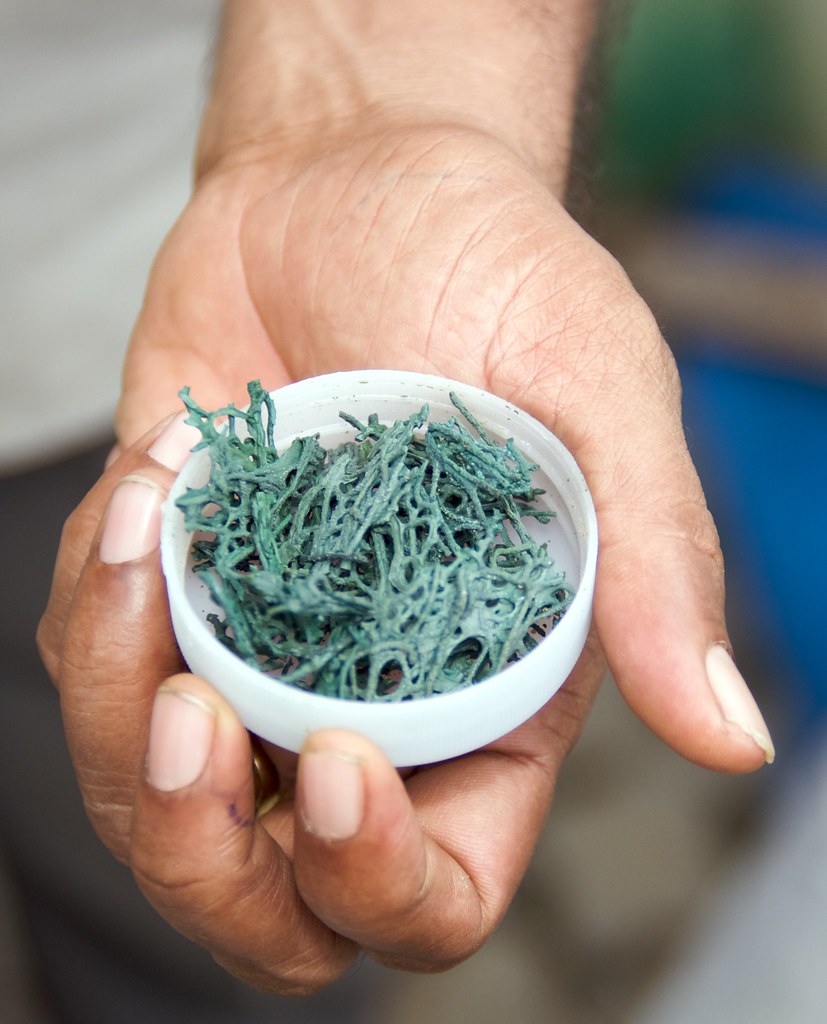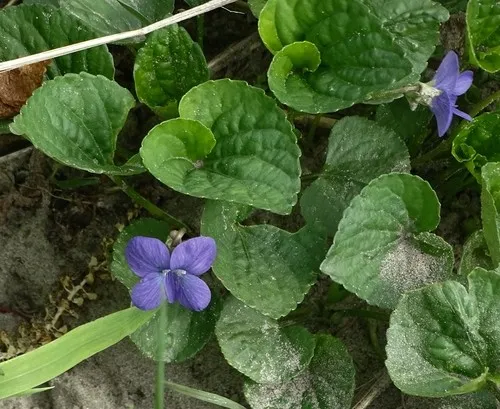Disclaimer: This Materia Medica is provided for informational purposes only and should not replace professional medical advice. Please consult with a qualified healthcare practitioner or herbalist before using any herbal remedies.
Materia Medica for Spirulina
Botanical Name: Arthrospira platensis (Spirulina platensis) Common Names: Spirulina, Blue-Green Algae
Introduction: Spirulina is a well-known and widely used microalga that has gained popularity as a superfood in recent years. This blue-green algae is rich in essential nutrients, including vitamins, minerals, antioxidants, and proteins. As a professional herbalist, it is essential to understand the properties, uses, and potential benefits of spirulina in herbal medicine.
Description: Spirulina is a microscopic, spiral-shaped, filamentous cyanobacterium (blue-green alga) that grows in both fresh and saltwater environments. It forms dense colonies and has been used as a food source for centuries by various cultures, including the Aztecs and indigenous people of Africa. Spirulina is known for its vibrant green-blue color, which is attributed to its high chlorophyll content.
Traditional Uses:
- Nutrient-Rich Food: Spirulina has a long history of use as a dietary staple in many cultures. It is renowned for its exceptional nutritional content, including high levels of protein, vitamins (such as B-complex vitamins and vitamin K), minerals (iron, magnesium, calcium), and essential fatty acids.
- Energy and Vitality: Some traditional systems of medicine, such as Ayurveda, consider spirulina a source of vitality and energy. It is often used to combat fatigue and boost overall well-being.
- Immune Support: Spirulina’s immune-enhancing properties have been recognized for centuries. It may help support the immune system, making it useful during cold and flu seasons.
Modern Herbal Uses:
- Nutritional Supplement: Spirulina is commonly used as a dietary supplement due to its high nutrient density. It is often taken in tablet or powder form to augment nutrient intake, particularly by individuals with restricted diets, vegans, or vegetarians.
- Detoxification: Some herbalists believe that spirulina’s chlorophyll content aids in detoxification by promoting the removal of heavy metals and other toxins from the body.
- Anti-Inflammatory: Spirulina contains phycocyanin, a blue pigment with potential anti-inflammatory properties. It may be used to reduce inflammation associated with various health conditions.
- Antioxidant: Spirulina is a rich source of antioxidants, such as beta-carotene and zeaxanthin, which help combat oxidative stress and protect cells from damage caused by free radicals.
- Cardiovascular Health: The amino acid arginine found in spirulina may help relax blood vessels, potentially improving circulation and supporting heart health.
- Weight Management: Some people use spirulina supplements as part of a weight management strategy due to its protein content, which may help promote satiety and lean muscle mass.
- Allergies: There is some evidence to suggest that spirulina may reduce the symptoms of allergic rhinitis, such as sneezing and nasal congestion.
- Skin Health: Topical spirulina extracts or masks are used by some individuals to promote healthy skin, reduce acne, and combat signs of aging.
Dosage and Precautions:
- Dosage can vary based on individual needs and the specific product being used. It is essential to follow the manufacturer’s recommendations or consult with a healthcare professional.
- Spirulina is generally considered safe for most people when consumed in recommended doses. However, some individuals may experience mild digestive discomfort or allergic reactions.
- People with phenylketonuria (PKU) should avoid spirulina supplements as they contain phenylalanine, an amino acid that individuals with PKU cannot metabolize.
Contraindications:
- Avoid spirulina if you have a known allergy to algae or seafood.
- Pregnant and breastfeeding women should consult with a healthcare provider before using spirulina supplements.
Conclusion: Spirulina, with its rich nutritional profile and potential health benefits, has found a place in modern herbal medicine as a dietary supplement and superfood. While traditional uses emphasize its role as a source of energy and vitality, contemporary herbalists appreciate its wide range of applications, including immune support, detoxification, anti-inflammation, and antioxidant protection. As with any herbal remedy, it is essential to use spirulina judiciously and in consultation with a healthcare professional to maximize its potential benefits while minimizing potential risks.







